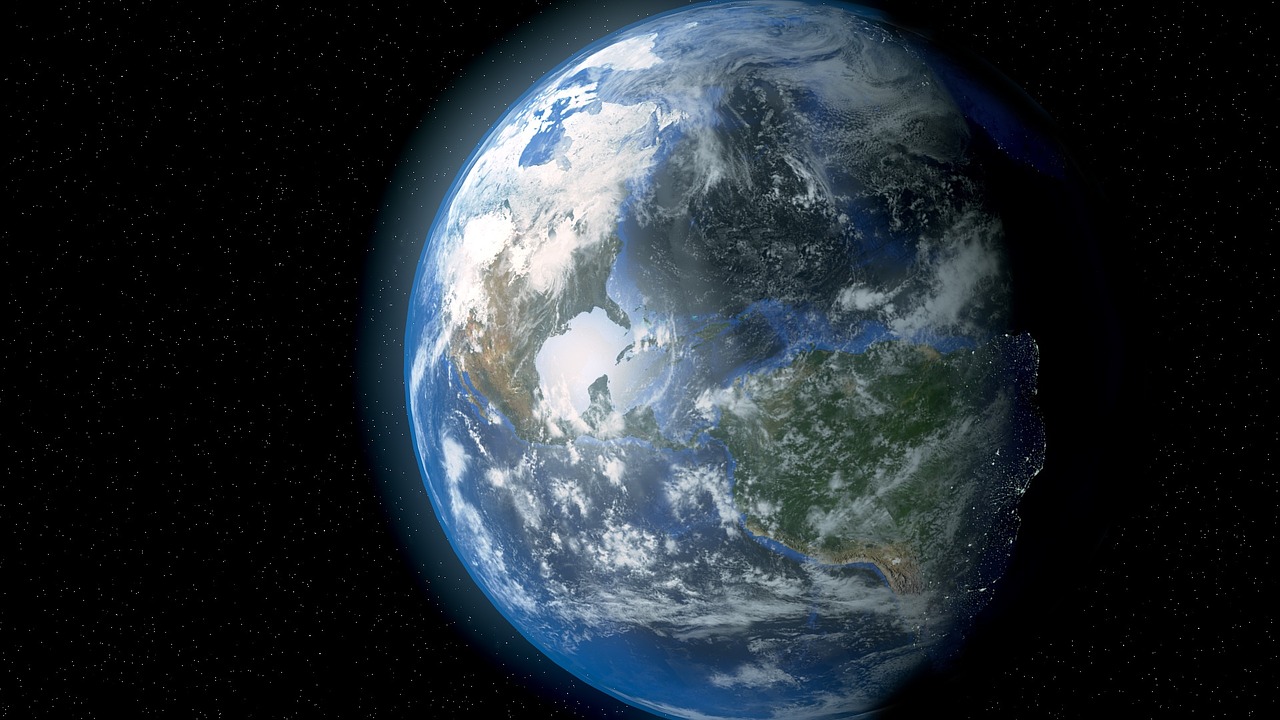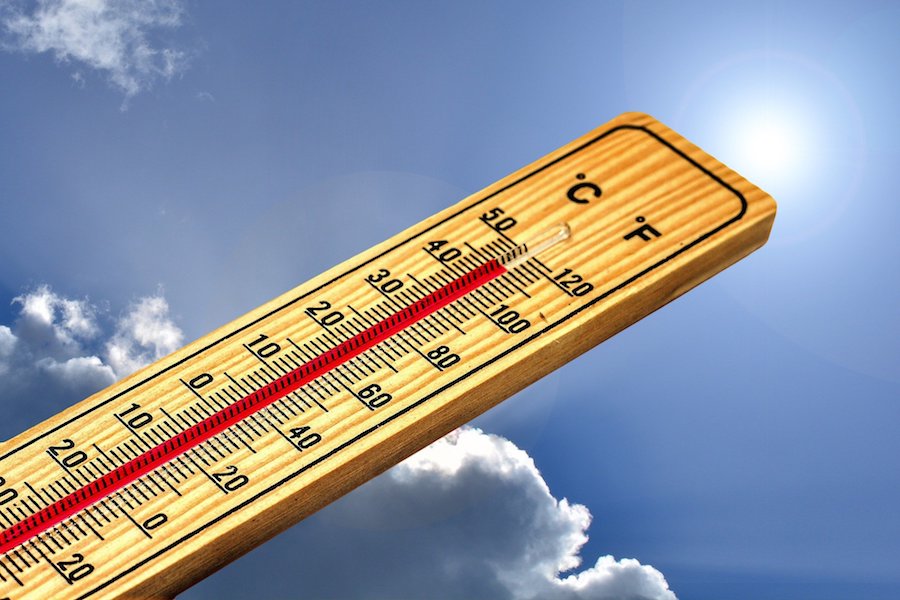WASHINGTON (April 20, 2023) - April 22, 2023 is Earth Day, which marks the anniversary of the modern environmental movement in 1970. This year’s theme, “Invest In Our Planet,” is meant to engage businesses, governments and citizens in taking equal responsibility for addressing the climate crisis.
GW faculty experts are available to offer insight, analysis and commentary on a number of topics related to Earth Day, including climate change, health, energy, and sustainability. If you would like to schedule an interview with an expert, please contact the GW Media Relations Team at gwmedia gwu [dot] edu (gwmedia[at]gwu[dot]edu).
gwu [dot] edu (gwmedia[at]gwu[dot]edu).
Public Health
Sabrina McCormick, Co-Director of the GW Climate & Health Institute, and associate professor of environmental and occupational health. McCormick has studied how well cities are preparing for climate change and extreme weather events. She was a scientific producer for the Emmy Award winning Documentary Series for Showtime on climate change, Years of Living Dangerously. In 2020 McCormick and her colleagues launched the Climate Media Lab, a project aimed at motivating action on climate change.
“There are many different kinds of health outcomes from climate change that really tell us that we need to act on it and we need to act on it now if we want to protect the health and wellbeing of our families and of our entire planet,” McCormick says.
WATCH: Find more insight from Prof. McCormick here.
Susan Anenberg, Director of the GW Climate & Health Institute, and associate professor of environmental and occupational health. Anenberg’s research focuses on the health implications of air pollution and climate change. Recently her team published two studies finding links between health problems like asthma and exposure to polluted air.
Neelu Tummala, a clinical assistant professor of surgery, is a surgeon whose academic work focuses on the intersection of climate and health. She recently wrote that climate change is a medical problem as well as environmental issue. She can speak to her experience treating patients who have been impacted by climate change, as well as how environmental justice impacts health disparities.
Youth Activism
Frank Sesno is the Director of Strategic Initiatives for the GW School of Media & Public Affairs. He is an Emmy Award-winning journalist and creator of Planet Forward, a user-driven web and television project that highlights innovations in sustainability. He can discuss youth activism around climate change and the trends among younger generations and students to be more engaged in climate-related issues.
Climate Change, Energy and Sustainability
John Helveston, assistant professor of engineering management and systems engineering, is an expert in electric vehicles and innovation and technology policy. He’s interested in understanding the factors that shape technological change, with a particular focus on transitioning to more sustainable and energy-saving technologies. Helveston’s latest research has focused on the development of electric vehicles and the incentives needed to get people to buy in as well as international trade policies and their impact on scaling up low-carbon energy technologies.
Caitlin Grady, assistant professor of engineering management and systems engineering, studies the form and functions of interconnected infrastructure across water, food, and energy systems. Her research seeks to combine network models, socio-technical data, and ethical-epistemic analyses to create a more sustainable and secure environment. Grady’s areas of expertise also include adaptation to climate change, hydropower and critical infrastructure.
Jonathan Deason, professor of engineering management and systems engineering, is the co-director of the GW Environmental & Energy Management Institute. His expertise includes all aspects of air quality management, including greenhouse gas management and implications for global climate change mitigation and adaptation. He can also speak to the impacts of drought conditions, especially in the U.S. southwest.
Lisa Benton-Short, professor of geography, is an expert on urban sustainability, sustainability and sustainable development, environmental issues in cities, and cities and immigration. She can also discuss the impact of climate change and natural disasters on communities and the social, economic and political forces that mediate or exacerbate these natural hazards.
Jakob Kostal is an assistant professor of chemistry and co-director of the MS Environmental and Green Chemistry Program. Kostal’s research focuses around pesticides used in the agriculture industry and chemical runoff, looking for innovative, green solutions to these environmental concerns.
Dmitry Streletskiy is an associate professor of geography and international affairs. His research is focused on understanding diverse impacts of climate change on ecosystems, population and overall sustainability of the Arctic regions. Streletskiy’s latest research examined Arctic infrastructure (roads, railways, buildings, etc.) at risk of permafrost degradation and estimated total and country-specific infrastructure damage costs due to degradation.
Policy and Business
Peter Linquiti is an associate professor of environmental resource policy at the GW Trachtenberg School of Public Policy & Public Administration. Dr. Linquiti’s research focuses on optimizing policy strategies to achieve sustainability objectives and improving climate change adaptability for government investments. He has written extensively about reducing fossil fuel emissions in the U.S. and developing countries.
John Forrer is the director of the GW Institute for Corporate Responsibility and an associate research professor of strategic management & public policy. He’s also a member at GW's Climate and Health Institute. His areas of expertise include corporate social responsibility, sustainable supply chains, public private partnerships, globalization and global governance, and business and peace.
-GW-





